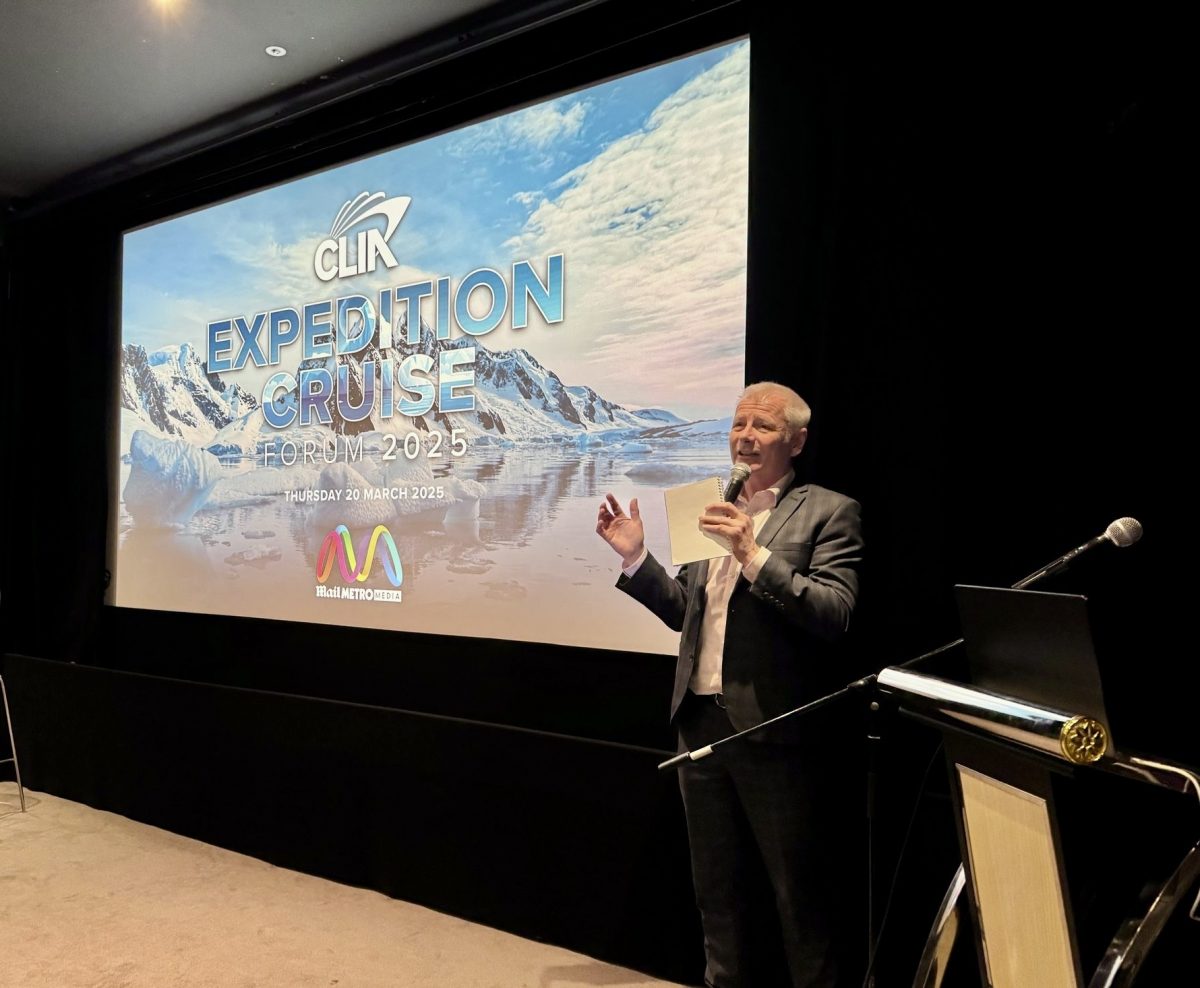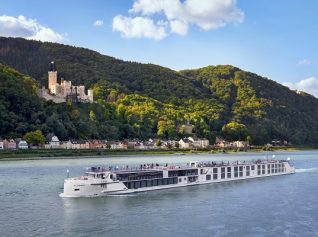RIDING THE WAVE? TSUNAMI REHABILIATION FUNDS DIVERTED TO TOURISM SAYS TOURISM CONCERN
Funds meant for rebuilding the lives and livelihoods of tsunami-affected communities in the southern Indian state of Kerala are being used to develop tourism, prompting angry protests by local people according to Tourism Concern.
The tourism developments will bring them little benefit and will place their land, livelihoods and traditional way of life under renewed threat.
The Kerala government has allocated 850 million rupees (almost £10 million) of central government Tsunami Rehabilitation Programme (TRP) money to the state tourism board, Kerala Tourism. In direct contravention of central government guidelines, the 20 projects cover areas that were not damaged by the tsunami. The 20 projects were actually devised before the tsunami, but were not implemented because of a lack of funding.
The projects have been re-labelled by Kerala Tourism as ‘coastal protection’ in an attempt to quell local outrage, but consist almost entirely of beach beautification measures to attract tourists. Toilet blocks, walkways, kiosks, lampposts, plumbing, electrical works, an amphitheatre and flower pots are among the items to be funded.
Tricia Barnett of Tourism Concern says: “Kerala’s tourism industry must not be developed at the expense of the rights and entitlements of tsunami-affected communities. To use funds meant for their rehabilitation for tourism projects that will bring them no benefits and undermine coastal protection measures will make a mockery of the huge donor support provided by individuals and governments across the world in the aftermath of this unprecedented unnatural disasterâ€.
Meanwhile, other areas remain in urgent need of coastal protection and infrastructural repair. This includes the peninsulas of Allapad and Arattupuzha, which bore the greatest loss of life in Kerala because there was no bridge linking them to the mainland. Following the tsunami, and after pressure from local residents, the government did begin building a bridge but work has since stopped. The bridge remains unfinished and the planned coastal protection measures are yet to be implemented. Local people feel vulnerable, stranded and angry.
Fishing communities still struggling to recover from the devastating impacts of the 2004 tsunami will be hardest hit by the tourism projects. In the town of Kovalam, Kerala’s premier beach resort and a popular choice amongst British tourists, a 500-meter artificial reef is planned to attract international surfers. Local opposition groups state that the reef will put 500 fishermen out of work and see fish breeding grounds used for sport fishing for tourists. It is also feared that the reef will divert waves onto adjacent shorelines, causing erosion and infrastructural damage to neighbouring villages.
Kerala Tourism contends that the developments will provide large-scale employment to local people through an increase in beach tourism. But tsunami survivors say they have not been consulted on the role that tourism should play in the rebuilding of their livelihoods. This highlights a missed opportunity by the state to develop alternative forms of employment for coastal people through tourism. Currently, such opportunities are limited to menial, low paid jobs, despite Kerala’s renowned high literacy rates and standards of education. With fish stocks dwindling and increasing pressure on coastal communities to sell their land to tourism developers, the need for alternative livelihood opportunities is greater than ever.
Serious concerns also exist over the potential environmental impacts of the tourism developments and questions remain over the level of coastal protection they will provide.
It is not clear whether the projects will be subjected to an environmental impact assessment and existing policies limiting coastal developments have been ignored. Kerala Tourism claims it will use ‘eco-friendly’ methods in the developments. However, the projects will involve removing trees and sand dunes – both effective natural coastal defences – and erecting hard concrete structures in their place.
These have been shown to be ineffective at preventing against sea erosion. In some cases, Kerala Tourism’s plans clash with coastal and environmental protection measures being implemented by other state departments. In the resort town of Bekal, a forestry department eco-fencing and forestry initiative has come into conflict with the tourism department’s plans for hard engineering structures.
Sumesh Mangalassey of Tourism Concern’s Tsunami and Displacement Project says: “Kerala Tourism has a responsibility to use tsunami funds in line with central government guidelines and local people must be consulted on the role that tourism will play in their futureâ€.
TourismConcern.org.uk
 United Kingdom
United Kingdom United States
United States Asia Pacific
Asia Pacific












































Qatar Airways adding Manchester flights
EU entry-exit system delayed again
ATC strike in Greece could disrupt flights this week
Jet2 unveils Samos as new Greek destination for summer 2026
Icelandair launches inaugural flight to Nashville